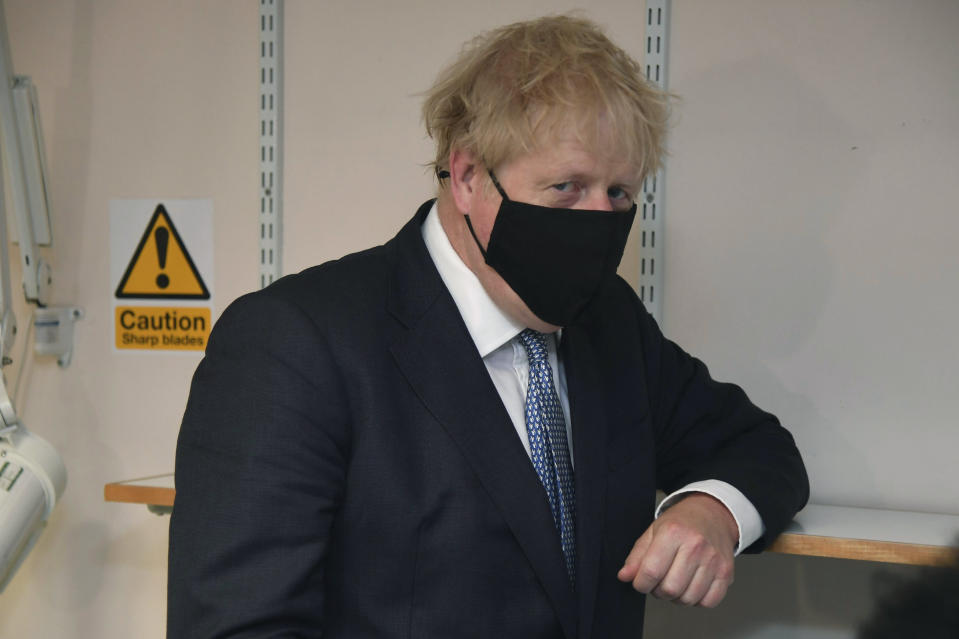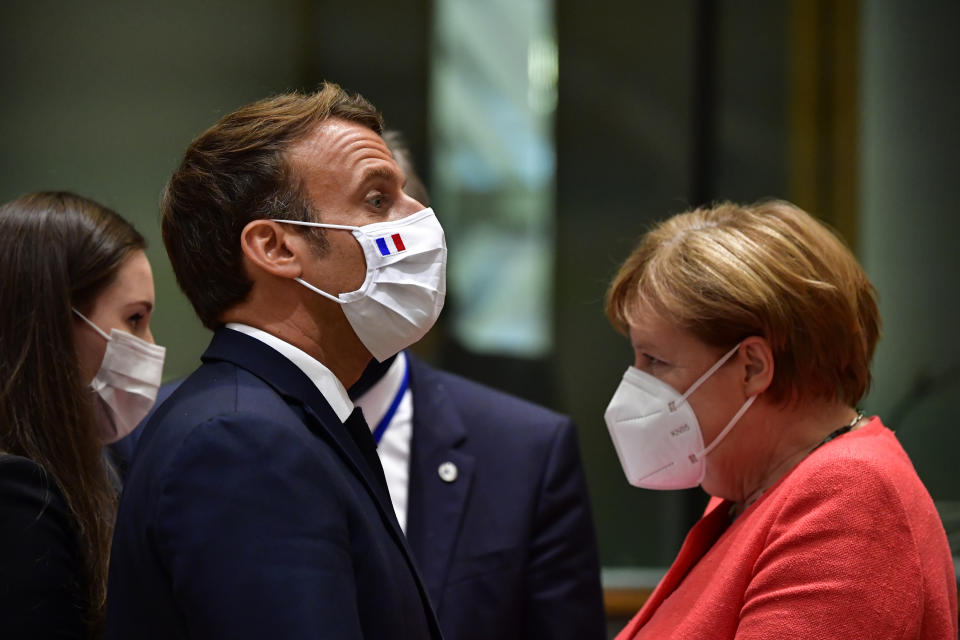World leaders 'copied each others' lockdown measures' during coronavirus pandemic

Decisions on implementing lockdown during the coronavirus pandemic were based on what neighbouring countries were doing at the time, a new study has suggested.
In research of 36 countries in the Organisation for Economic Co-operation and Development (OECD) – including the UK, US and New Zealand – Swedish researchers examined when world leaders made decisions on issues like school closures and restrictions on internal travel.
They found that despite differences in the spread of the virus, countries mimicked each other in a short space of time, with around 80% of OECD nations implementing multiple measures within a two-week period in March.
The researchers said this was "striking" given the differences in the scale of the pandemic in each country, the preparedness of their healthcare systems and the makeup of their populations.

Author Professor Karl Wennberg, from the Institute for Analytical Sociology at Linkoping University, said: "We found that the decisions were not based on, or had a very weak correlation to, standard epidemiological indicators such as number of infections, number of deaths, intensive care capacity etc.
"A much stronger determinant was whether many neighbouring countries had already implemented measures.”
The researchers found that with the exception of population density, it was not primarily the country's exposure to COVID-19, its demographics or its healthcare capacity that determined how quickly a country would lock down, but the number of countries that had already done so in the same region.
They added it was "at best a partial answer" that this was the case because the countries were uniformly exposed to the same threat of coronavirus.
Wennberg told the PA news agency: "Politicians are very much human, they react and observe and are influenced by what their fellow leaders in neighbouring countries do.”
Boris Johnson announced lockdown measures for the UK on 23 March – a day after they were brought in in Germany, one week after France (17 March) and nearly two weeks after Italy (10 March). Meanwhile, Spain went into lockdown on 14 March.
Wennberg said the study, published in the journal Proceedings of the National Academy of Sciences (Pnas), was not a judgement on when it would be optimal to take lockdown measures, but said countries may have done so too early or too late.

He said he hoped the pattern would not be repeated with local peaks of the virus or a second wave.
Wennberg added: "It's very natural for human beings to mimic each other in times of great uncertainty but now we know much more about the virus and how it spreads and how it's treated, my hope would be countries adopt much more precise and tailored measures for specific regions and cities.”
Coronavirus: what happened today
Click here to sign up to the latest news and information with our daily Catch-up newsletter

 Yahoo Finance
Yahoo Finance 

